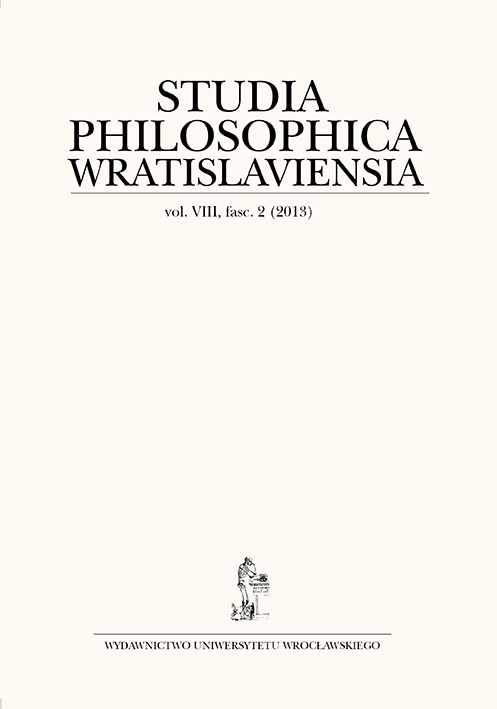

Artykuły

The dilemmas of universalism. Badiou, Agamben, Žižek— the neopaulinist trialogue
After decades of cultural and historical relativism in so-called continental phil-osophy one can observe a return to thinking in universalistic terms. In this paper I consider three authors who point to the figure of Saint Paul as to the framework for their respective universalistic discourses Alain Badiou, Giorgio Agamben and Slavoj Žižek as „neopaulinists”. Their atheist interpretations of Christian themes or „reality of their Christian roots”, as J.-L. Nancy puts it enable us to deepen our understanding of the political universality and its practical implications for our daily lives. Along this line Badiou’s „evential universality”, Agamben’s „divided universality”, and Žižek’s „fighting universality” are three forms of universal-istic thought caught in their mutual dialectical tension. Reading these theories as a kind of a quarrel within one family I try to show that, instead of seeking an end of this dialectics, we should see their arguments as deepening the notion of universality. In the conclusion of the paper I state that neopaulinist theories significantly contribute to the renewal of political imagination in contemporary critical thought reorienting it towards thinking in universalistic terms. Their universalistic way of the distribution of the sensible J. Rancière’s term seems to be a strong point of departure for establishing future universal egalitarianism.